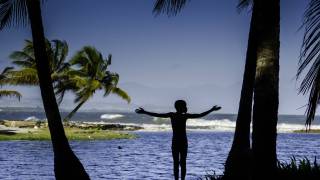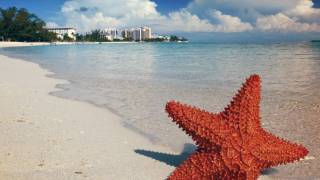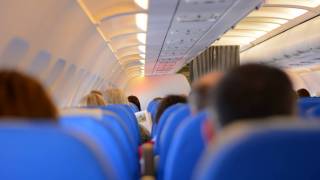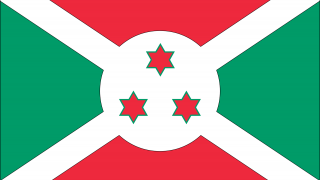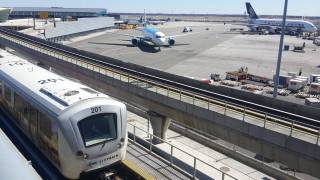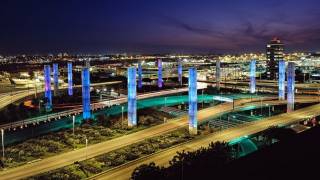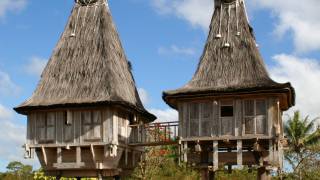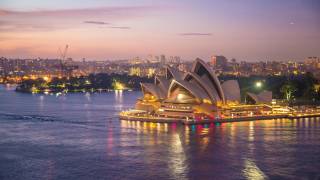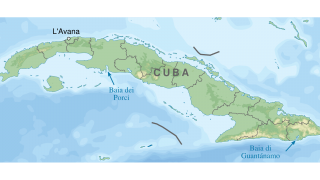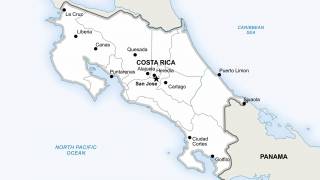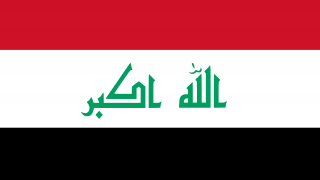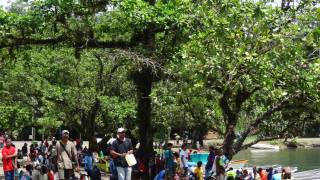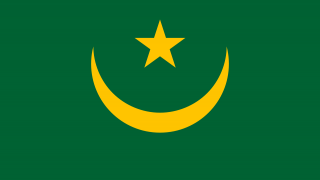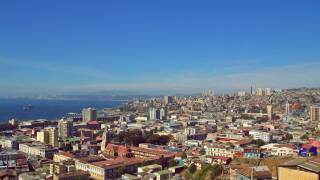Brazil’s Travel Advisory Now Includes Level 4 Alerts

The Travel Advisory for the Republic of Brazil was expanded by the US Department of State to include various ‘Do Not Travel’ alerts.
Updated on January 14, 2020, this revised Travel Advisory includes both Level 2 and 4 alerts for specific areas of Brazil.
Overall, the ‘Excercise Increased Caution’ advisory says ‘assaults and crime are common in urban areas, day and night. And, U.S. government personnel are discouraged from using public, municipal buses in all parts of Brazil due to elevated risks of at any time of day.’
Regarding the ‘Do Not Travel’ areas of Brazil, the State Department says visitors should avoid within 150 km/100 miles of Brazil’s land borders with Venezuela, Colombia, Peru, Bolivia, Guyana, Suriname, French Guiana, and Paraguay due to crime.
But this advice does not apply to the Foz do Iguacu National Park or Pantanal National Park.
Furthermore, this Level 4 Advisory says 'visitors should avoid ‘informal housing developments (commonly referred to in Brazil as favelas, vilas, comunidades, and/or conglomerados) at any time of day due to crime. Except under limited circumstances and with advance approval, U.S. government personnel are not permitted to enter any informal housing developments in Brazil.
And, ‘without advance approval from security officials, U.S. government personnel are not permitted to travel to Brasilia’s Administrative Regions of Ceilandia, Santa Maria, Sao Sebastiao, and Paranoa between non-daylight hours due to crime.’
The State Department says If you decide to travel to Brazil, please consider these action items:
- Do not physically resist any robbery attempt.
- Be aware of your surroundings, use caution when walking or driving at night, avoid walking on beaches after dark and use increased caution when hiking in isolated areas.
- Do not display signs of wealth, such as wearing expensive watches or jewelry.
- Be extra vigilant when visiting banks or ATMs.
- Use caution at, or going to, major transportation centers or on public transportation.
- Enroll in the Smart Traveler Enrollment Program to receive Alerts and make it easier to locate you in an emergency.
- Prepare a contingency plan for emergency situations, such as this Traveler’s Checklist.
Should US citizens need assistance, the US Department of State’s primary embassy in Brazil is located at U.S. Embassy Brasilia, SES 801 - Avenida das Nacoes, Lote 3, 70403-900 - Brasília, DF Brazil. Telephone: 011-55-61-3312-7000.
On January 7, 2020, the United States Mission to Brazil published a Security Alert regarding the heightened tension in the Middle East that may result in security risks to U.S. citizens abroad.
The US Embassy said it ‘will continue to review the security situation and will provide additional information as needed.’
Previously, the UK’s Foreign Travel Advice was updated to say ‘The security situation in many favelas (shanty towns) is unpredictable, particularly in Rio de Janeiro. We recommend that you avoid these areas in all cities, including ‘favela tours’ marketed to tourists and any accommodation, restaurants or bars advertised as being within a favela.’
And, the Canadia government’s travel office last update its advice for visitors to Brazil on December 10, 2019, which included similar alerts.
Regarding health risks in Brazil, the US Centers for Disease Control and Prevention (CDC) updated its pre-trip vaccination suggestions on December 23, 2019. Specifically, the Brazilian state of Sao Paulo appears to be the epicenter for multiple disease outbreaks.
The CDC suggests visitors speak with a healthcare provider about these vaccinations:
- Routine vaccines, which include the diphtheria-tetanus-pertussis, varicella, and the annual influenza vaccinations.
- Yellow Fever
- Hepatitis B
- Typhoid
- Measles
Additionally, the CDC included Brazil in its Dengue and Measles viruses Travel Alerts, which were updated on January 3, 2020.
These security and disease outbreak alerts are impacting the daily lives of Brazil’s 205 million residents and it’s expanding tourism industry, which hosted over 6 million international visitors in 2018.
Brazil recently announced a plan to eliminate visa requirements for American visitors. The visa plan is part of a broader strategy to bring 12 million annual visitors to the country by 2022.
Brazil’s health and vaccination news published by Vax-Before-Travel.
Our Trust Standards: Medical Advisory Committee



